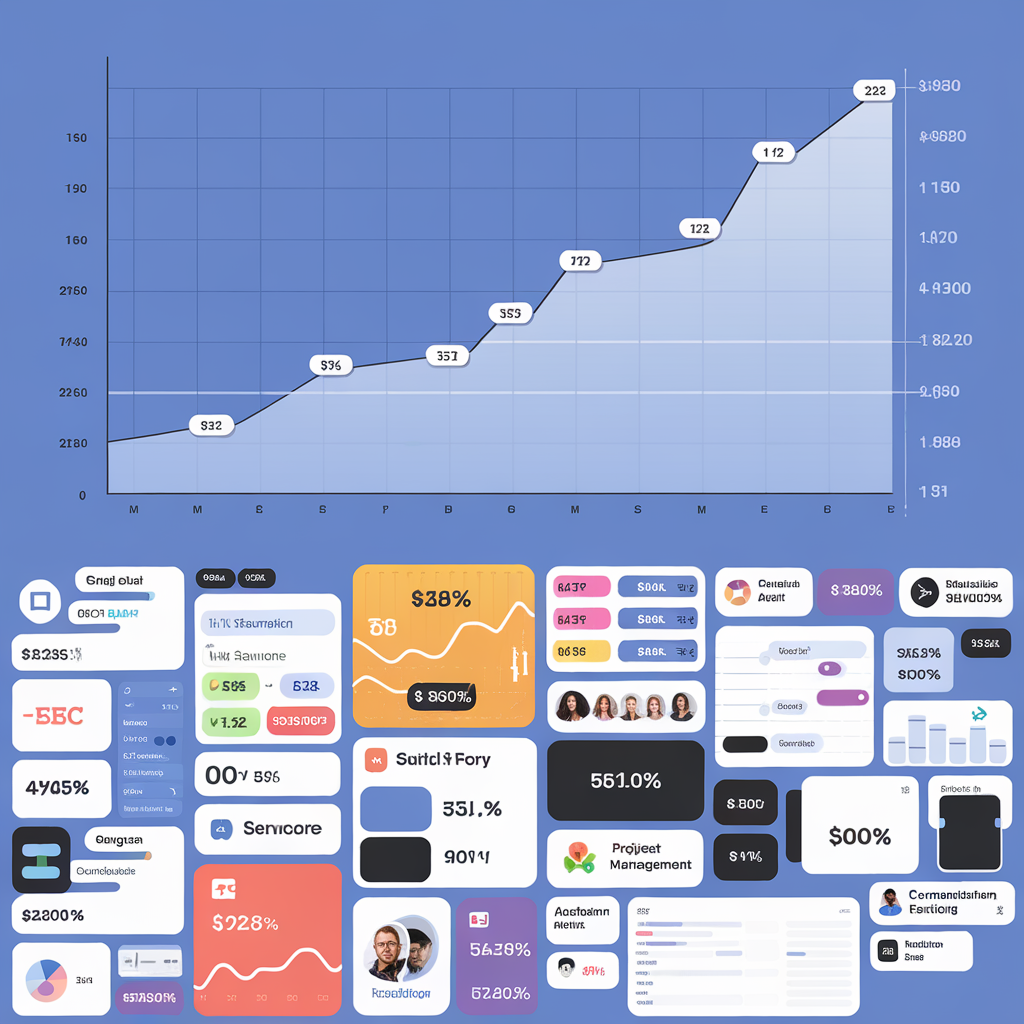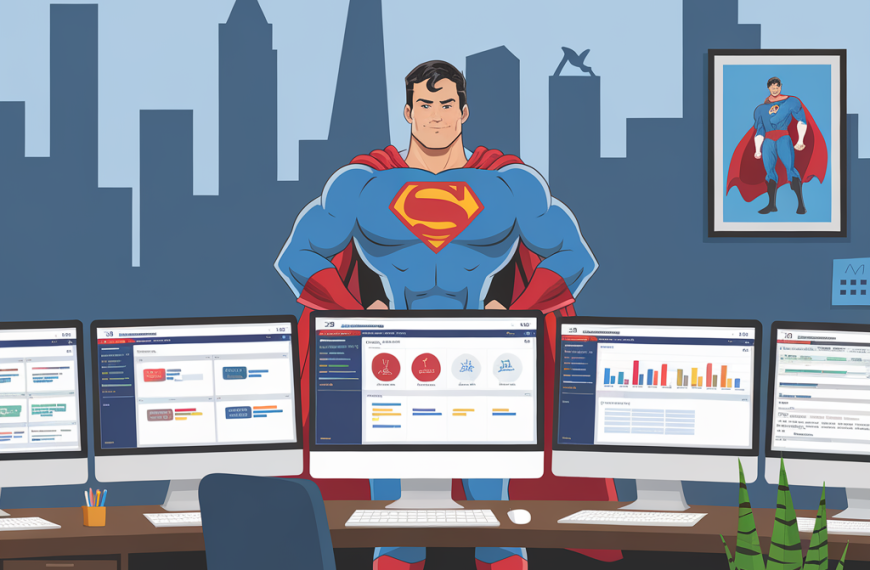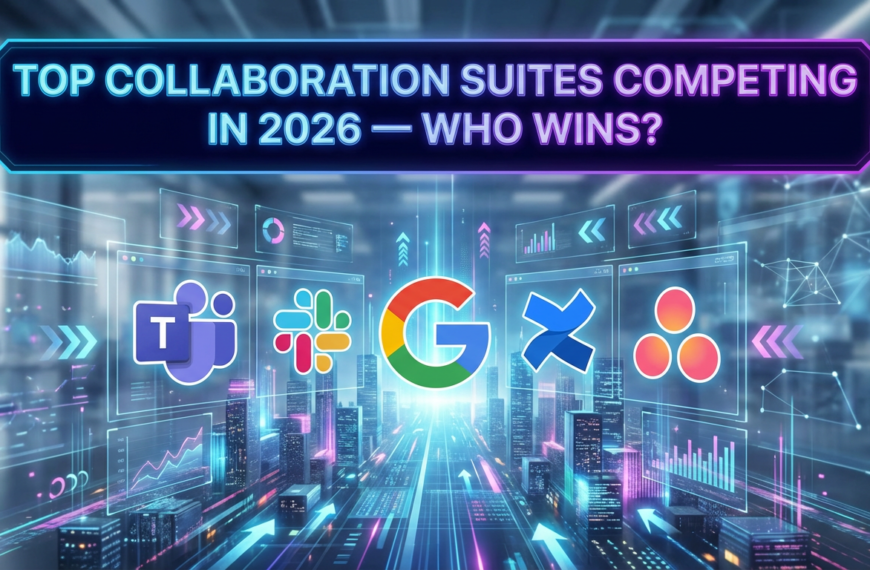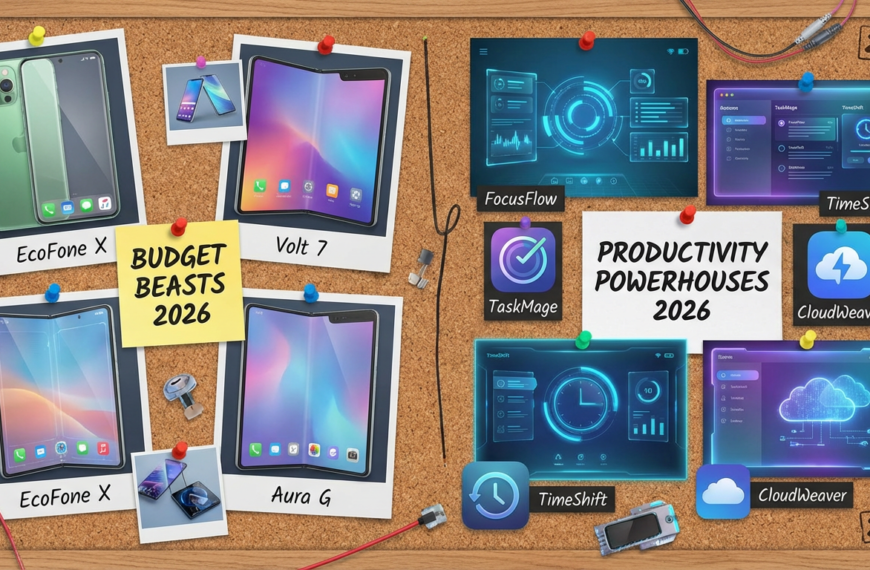SaaS Pricing in 2024: Why LinkedIn, Zendesk, and Others Are Raising Rates—And What It Means for Your Business

Introduction: Problem or Opportunity
In the ever-evolving landscape of Software as a Service (SaaS), pricing strategies are undergoing significant transformations. As we step into 2024, major players like LinkedIn and Zendesk are adjusting their pricing models, prompting businesses to reassess their SaaS procurement strategies. This shift presents both challenges and opportunities for companies looking to optimize their software investments.
Section 1: Key Pricing Models in 2024
Overview of Prevalent Pricing Models
The SaaS industry is characterized by a variety of pricing models, each catering to different business needs and customer preferences. In 2024, the most common models include:
- Subscription-Based Pricing: A fixed recurring fee, often monthly or annually, providing predictable revenue streams.
- Tiered Pricing: Offers multiple pricing levels based on features or usage, allowing customers to choose a plan that best fits their needs.
- Usage-Based Pricing: Charges customers based on their actual usage, offering flexibility and scalability.
Insights into Vertical SaaS and Its Impact on Pricing Strategies
Vertical SaaS, which focuses on industry-specific solutions, is gaining traction. This specialization allows for tailored pricing strategies that reflect the unique value provided to niche markets. As vertical SaaS continues to grow, businesses can expect more customized pricing models that align with specific industry demands.
Section 2: Factors Influencing Pricing Decisions
Economic Conditions and Their Effects on Pricing
The global economic landscape plays a crucial role in shaping SaaS pricing strategies. Inflation, currency fluctuations, and economic uncertainty can lead to price adjustments as companies strive to maintain profitability.
The Role of AI and Machine Learning in Justifying Price Increases
AI and machine learning are revolutionizing the SaaS industry, offering enhanced capabilities and efficiencies. These technological advancements often justify price increases, as they deliver significant value to customers through improved performance and insights.
Customer Success and Retention Strategies Influencing Pricing
Customer success has become a focal point for SaaS companies, with pricing strategies increasingly reflecting the value of long-term customer relationships. Retention-focused pricing models, such as loyalty discounts or bundled offerings, are becoming more prevalent.
Section 3: The Impact of Economic Conditions on SaaS Pricing
Analysis of Inflation Rates in Different SaaS Categories
Inflation impacts various SaaS categories differently. For instance, sales and productivity tools may experience higher inflation rates due to increased demand and competition. Understanding these nuances is essential for businesses to make informed procurement decisions.
Discussion on How Economic Pressures Lead to Longer Sales Cycles and Increased Scrutiny in Procurement
Economic pressures often result in longer sales cycles, as businesses become more cautious with their spending. This increased scrutiny in procurement processes necessitates transparent and justifiable pricing models from SaaS providers.
Section 4: Predictions for Future Pricing Trends
Expected Growth of Vertical SaaS and Low-Code/No-Code Platforms
The rise of vertical SaaS and low-code/no-code platforms is expected to continue, offering more specialized and accessible solutions. This growth will likely lead to more competitive and innovative pricing strategies.
Insights into Market Consolidation and Its Implications for Pricing
Market consolidation, through mergers and acquisitions, can lead to reduced competition and potentially higher prices. However, it also offers opportunities for economies of scale and improved service offerings.
Future Challenges and Opportunities for SaaS Pricing Strategies
As the SaaS landscape evolves, companies must navigate challenges such as regulatory changes and technological disruptions. However, these challenges also present opportunities for innovative pricing strategies that can drive growth and customer satisfaction.
Conclusion + CTA
In conclusion, the SaaS pricing landscape in 2024 is marked by significant changes driven by economic conditions, technological advancements, and evolving customer expectations. Businesses must stay informed and agile, evaluating their SaaS procurement strategies to ensure they are maximizing value and staying competitive.
Call to Action: Evaluate your current SaaS solutions and consider how these pricing trends might impact your business. Stay ahead of the curve by aligning your procurement strategies with the latest industry insights.
SEO Strategy
- Primary Keyword: SaaS pricing trends 2024
- Secondary Keywords: SaaS pricing models, SaaS economic impact, future SaaS pricing predictions, AI in SaaS pricing
- Suggested Image Alt Text: SaaS pricing trends or a digital marketplace
Categories
- Buying Guides & Tips (ID: 16)
- Latest 2025 (ID: 14)
- Trending Insights (ID: 10)
Note to Manager: The featured image URL is here. The selected blog category IDs are 16, 14, and 10.


 By
By










